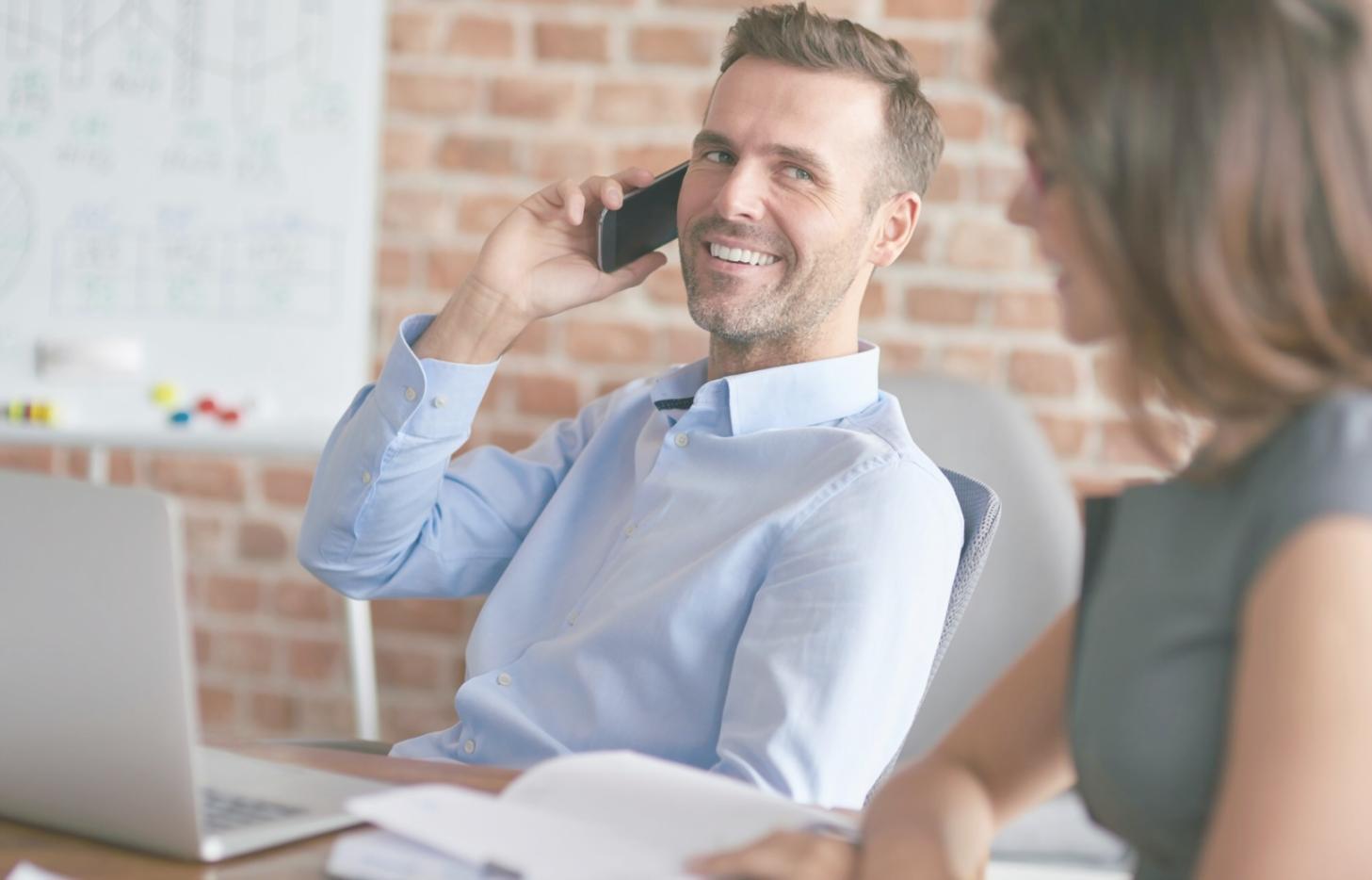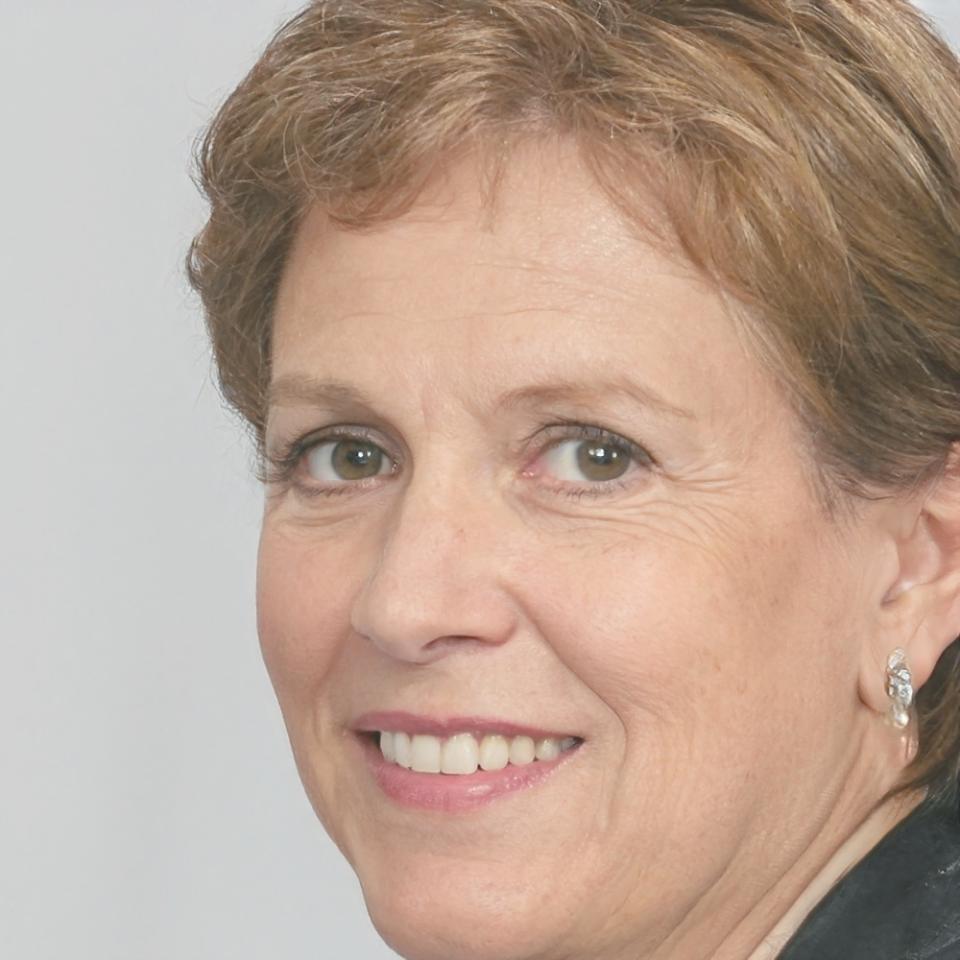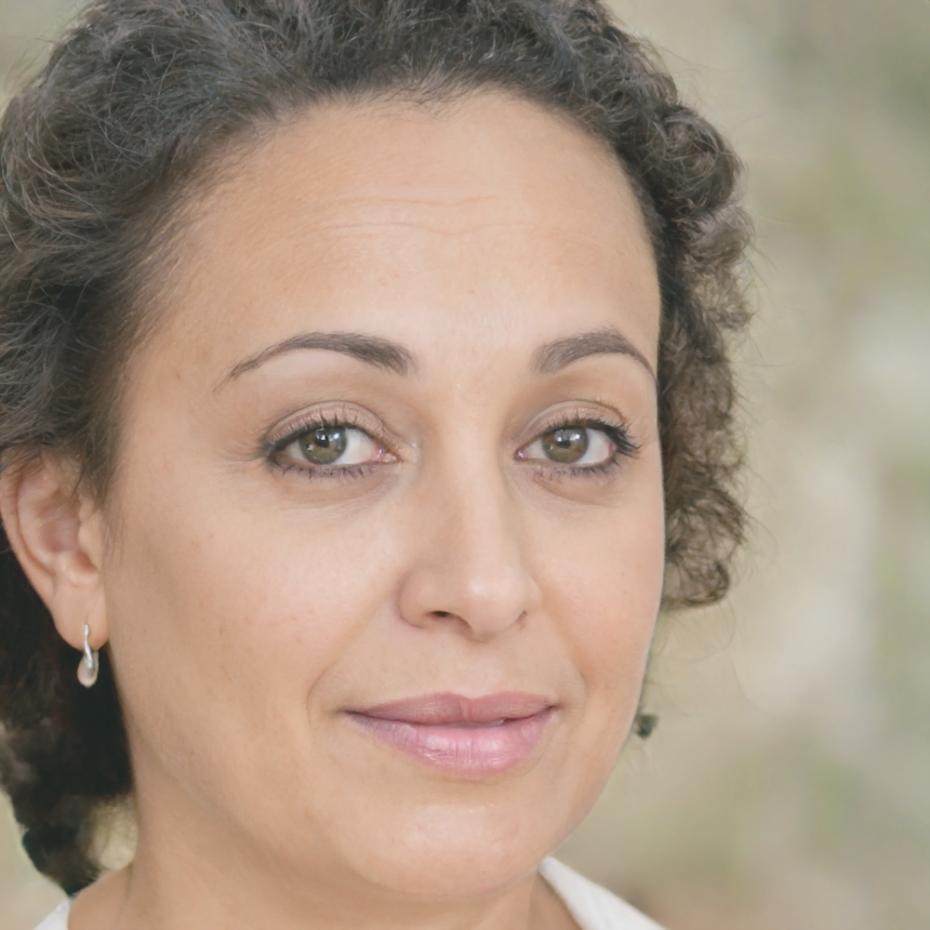Building Confidence Through Financial Conversations
Most people avoid money talks because nobody taught them how to start. We're changing that through practical programs starting September 2025, where you'll practise real scenarios before facing them in life.
Schedule a Chat
Questions That Actually Come Up
We organized common questions by when they typically surface. Because asking "how much does it cost?" before you're enrolled is different from asking "am I falling behind?" three months in.
Before You Join
These usually come up during coffee chats or email exchanges. You're figuring out if this is the right fit.
- What if I've never discussed money openly before?
- Do sessions run in-person or online?
- How many people usually attend?
- Can I start mid-year or only certain months?
During the Program
Week three is when most participants start asking deeper questions. You're in the thick of it now.
- I missed a session – how do I catch up?
- Can I get feedback on a real conversation I had?
- What if my situation is more complicated?
- How do I know if I'm making progress?
After Completion
You've finished, but life keeps happening. These questions often show up months later.
- Can I come back for a refresher?
- Is there a community I can stay connected to?
- What if I need help with a new situation?
- Do you offer advanced programs?
Finding Your Starting Point
Different situations need different approaches. Here's how we typically guide people based on what they're facing right now.
Scenario A
I need to ask for a raise but keep freezing up
We usually start with the three-month program beginning October 2025. You'll spend the first month just getting comfortable saying numbers out loud, then move into structured practice conversations. By month three, you're rehearsing your actual situation with feedback from peers who've been there.
Scenario B
My family never talks about money and it's causing tension
Family dynamics need a gentler approach. Our February 2026 intake includes specific sessions on navigating established relationships where money's been taboo. You'll learn how to start small – maybe one conversation about holiday expenses before tackling bigger topics. We've seen this work better than diving straight into deep financial discussions.
Scenario C
I'm managing a team and struggle with salary conversations
This needs the professional track, which runs separately in November 2025. You're not just learning to talk about your own money – you're having to discuss other people's compensation, which brings in performance, fairness, and organizational politics. The scenarios we practise reflect that complexity.

Greta Hollingsworth
Program Coordinator
Greta spent seven years avoiding conversations about freelance rates before figuring out what actually works. Now she helps others skip the years of awkwardness she went through.
What Happened When We Tried Different Approaches
We've run this program four times now, each with adjustments based on what worked and what didn't. Here's what we learned from actual participant experiences.
Winter 2024 Cohort: The Written Script Experiment
We gave everyone pre-written scripts for common money conversations. Seemed like a good idea – take the guesswork out. Turned out people sounded robotic and forgot everything the moment real emotions entered the conversation.
- 12 participants completed the eight-week program
- Feedback showed 70% felt scripts were too rigid for real situations
- Most valuable sessions: unscripted role-plays in weeks 5-6
- Key change: We ditched scripts entirely for next intake
Spring 2024 Cohort: The Principles Approach
Instead of scripts, we taught core principles and let people adapt them. Much better results. Participants created their own language around difficult topics, which meant they actually remembered it under pressure.
- 15 participants across three monthly workshops
- 85% reported having at least one successful money conversation within two weeks
- Common thread: small wins built confidence for bigger conversations
- Lesson learned: Start with low-stakes practice before high-stakes situations

